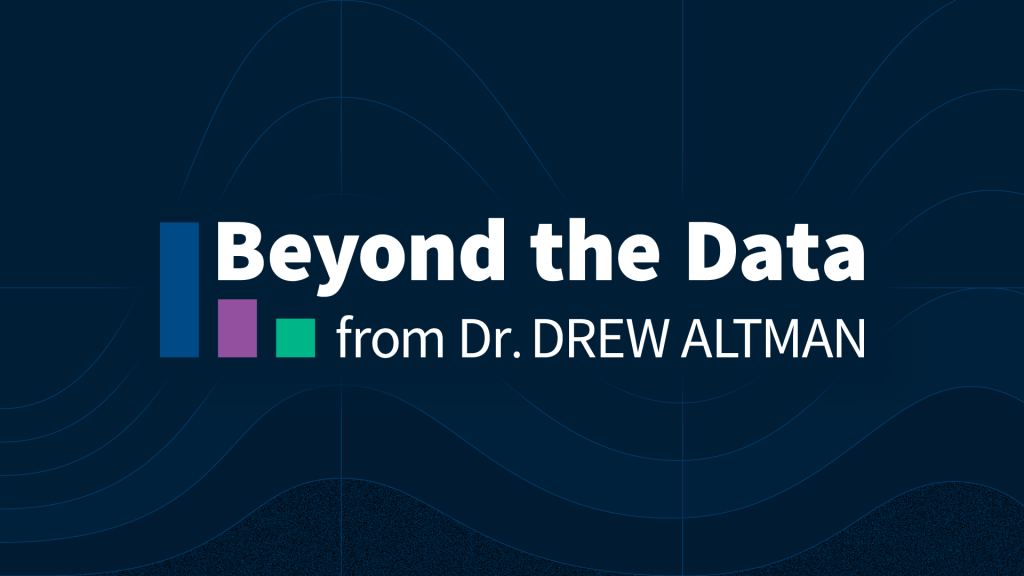Telehealth Continues to Account for More Than a Third of Outpatient Visits for Mental Health and Substance Use Services Well into the COVID-19 Pandemic
A new analysis from KFF and Epic Research finds that telehealth visits for outpatient mental health and substance use services went from virtually zero percent in 2019 prior to the COVID-19 pandemic to a peak of 40% in mid-2020 – and continued to account for more than a third (36%) of such visits in the…
